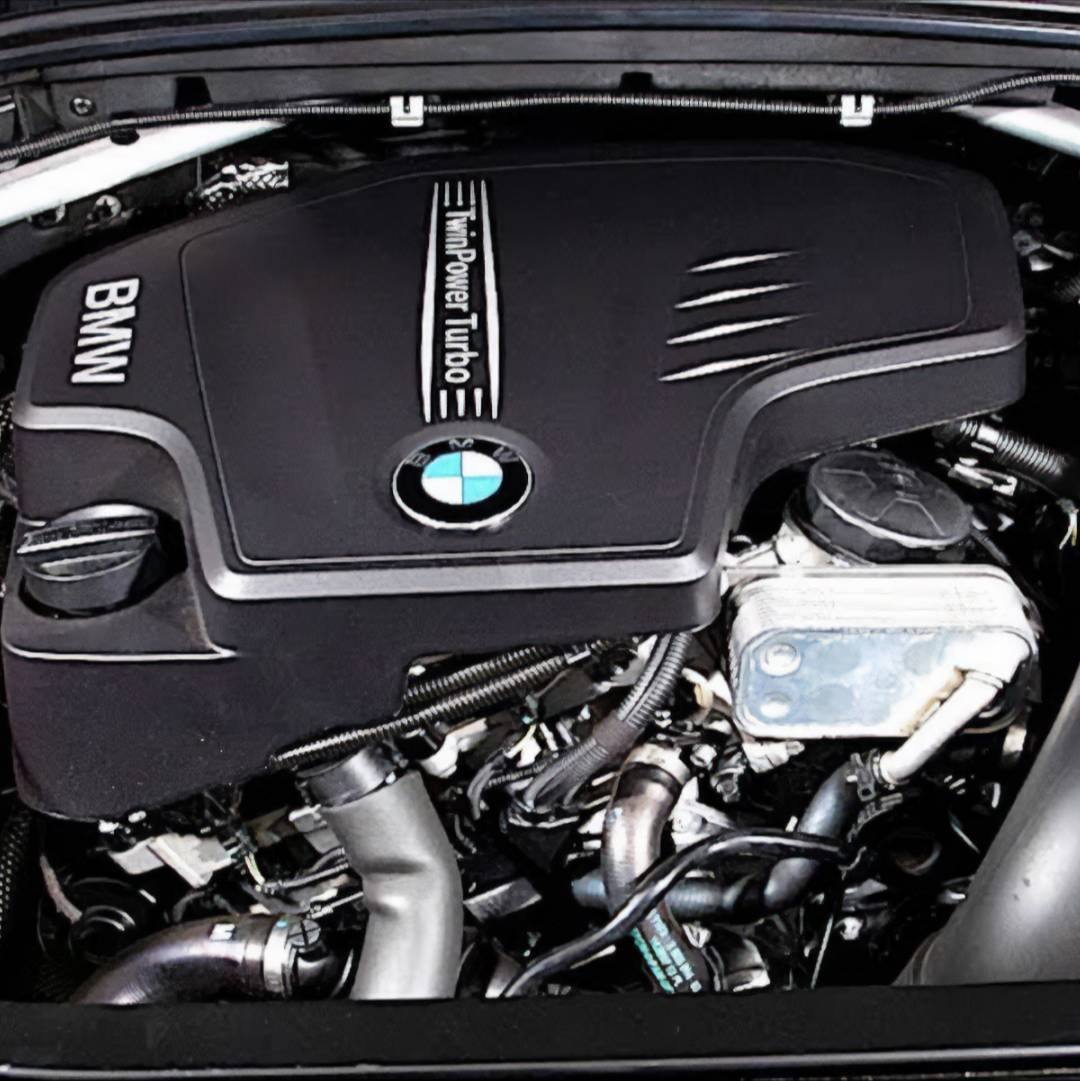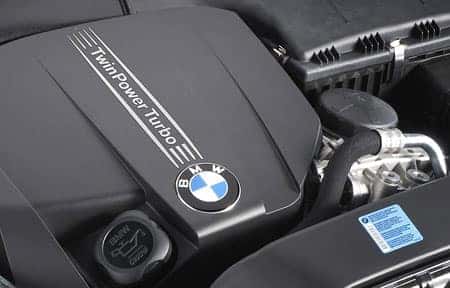Top 5 BMW Engine Technologies Transforming the Automotive Industry
Top 5 BMW Engine Technologies Transforming the Automotive Industry
Blog Article
Unveiling the Intricacies of Next-Generation Power Units: a Deep Dive Into Advanced Engine Innovations and layouts
As we stand on the precipice of a new age in transportation, the intricacies of next-generation engine styles bid us to check out the sophisticated technologies and developments that assure to redefine the driving experience. Digging much deeper into the worlds of discharge control, intelligent engine management systems, and the perspective of power system development, we locate ourselves on the cusp of a transformation that guarantees to improve the landscape of wheelchair as we recognize it.
Development of Engine Products

The change in the direction of advanced engine materials has likewise made it possible for designers to develop engines with greater power outcomes while preserving gas effectiveness standards. For instance, the usage of light-weight products reduces the overall weight of the engine, leading to enhanced gas economic situation and lower exhausts. Furthermore, advancements in products technology have actually permitted far better thermal monitoring within engines, causing raised reliability and longevity.
Turbocharging and Supercharging Technologies
Just How do Turbocharging and Supercharging Technologies reinvent engine performance and performance in modern lorries? Supercharging and turbocharging are innovations that considerably enhance engine efficiency by enhancing the quantity of air intake into the burning chamber. Turbocharging achieves this by making use of a wind turbine driven by exhaust gases to pressurize the consumption air, while supercharging utilizes a belt- or chain-driven compressor to accomplish the very same impact.
These technologies allow smaller, much more fuel-efficient engines to produce power comparable to larger ones, called downsizing. Forcibly even more air right into the cyndrical tubes, turbo charging and turbocharging improve burning performance, causing boosted horse power and torque output without a substantial boost in engine dimension. This results in much better acceleration, towing capability, and total driving performance.
Moreover, turbocharging and supercharging add to enhanced gas efficiency by enabling the use of smaller engines that eat much less fuel under typical driving conditions - bmw engine. This mix of enhanced performance and effectiveness has actually made turbocharging and supercharging integral parts of many modern-day engine styles
Emission Control and Environmental Impact
With increasing international problems pertaining to air top quality and ecological sustainability, the implementation of exhaust control modern technologies in vehicles plays a critical role in minimizing unsafe toxins released into the environment. Modern automobiles are furnished with innovative exhaust control systems that assist decrease the ecological impact of auto procedures. Catalytic converters, for example, are developed to convert hazardous gases such as carbon monoxide gas, nitrogen oxides, and hydrocarbons right into much less unsafe compounds like co2 and water vapor.
Moreover, improvements in engine modern technology, such as the combination of exhaust gas recirculation systems and careful catalytic reduction, have significantly added to lowering discharges. These innovations function in tandem to enhance combustion efficiency and reduce the launch of unsafe contaminants into the air. Additionally, the growth of hybrid and electrical vehicles represents an essential step towards minimizing the general environmental impact of the transportation sector.
Intelligent Engine Monitoring Equipment

Additionally, these systems enable cars to satisfy stringent emissions criteria without compromising performance, giving a much more environmentally pleasant driving experience. The integration of expert system and equipment discovering capabilities in engine administration systems remains to push the borders of what is possible, bring about further enhancements in performance, dependability, and general vehicle performance. bmw engine. As auto technology breakthroughs, intelligent engine monitoring systems will certainly play an essential function fit the future of transportation in the direction of a much more lasting and efficient instructions
Future Trends in Power Unit Advancement
As smart engine monitoring systems pave the way for enhanced control and optimization in modern-day automobiles, future fads in power device advancement are poised to redefine the landscape of automobile propulsion innovations. These different power resources provide improved efficiency and efficiency while straightening with stringent environmental regulations.
An additional considerable pattern is the integration of advanced products and producing techniques. Lightweight products such as carbon fiber and aluminum are being utilized to lower overall vehicle weight, enhancing gas efficiency and performance. In addition, developments in 3D printing and additive production are enabling the production of intricate engine parts with greater precision and sturdiness.
Moreover, expert system and maker knowing are playing a vital function in optimizing power system performance. These innovations enable real-time surveillance and flexible control, leading to much more trusted and effective power distribution. In Read More Here general, future fads in power system growth are geared in the direction of performance, sustainability, and performance, driving the vehicle sector towards a new period of propulsion technologies.

Conclusion
Finally, the improvements in engine materials, turbocharging, discharge control, and smart administration systems have actually led the way for next-generation power systems. These technologies have not only enhanced performance and effectiveness yet likewise lowered environmental effect. As technology remains to evolve, Our site future patterns in power system growth are likely to focus on more boosting sustainability and enhancing power result. The intricate layouts and innovations in contemporary engines display the continuous advancement of automotive innovation.
Discovering the progressive developments in engine materials has been essential in improving the efficiency and performance of modern-day engines. Over the years, the advancement of engine products has actually played an essential function in pushing the borders of what engines can achieve.The shift towards advanced engine products has actually additionally made it possible for engineers to create engines with greater power outcomes while preserving fuel efficiency standards.The execution of intelligent engine management systems in modern-day vehicles has actually changed the means engines are managed and enhanced for performance and effectiveness. By collecting data in real-time and analyzing it with innovative algorithms, smart engine management systems can adapt to driving designs, ecological aspects, and engine health and wellness to maximize power output while lessening fuel consumption and exhausts.
Report this page